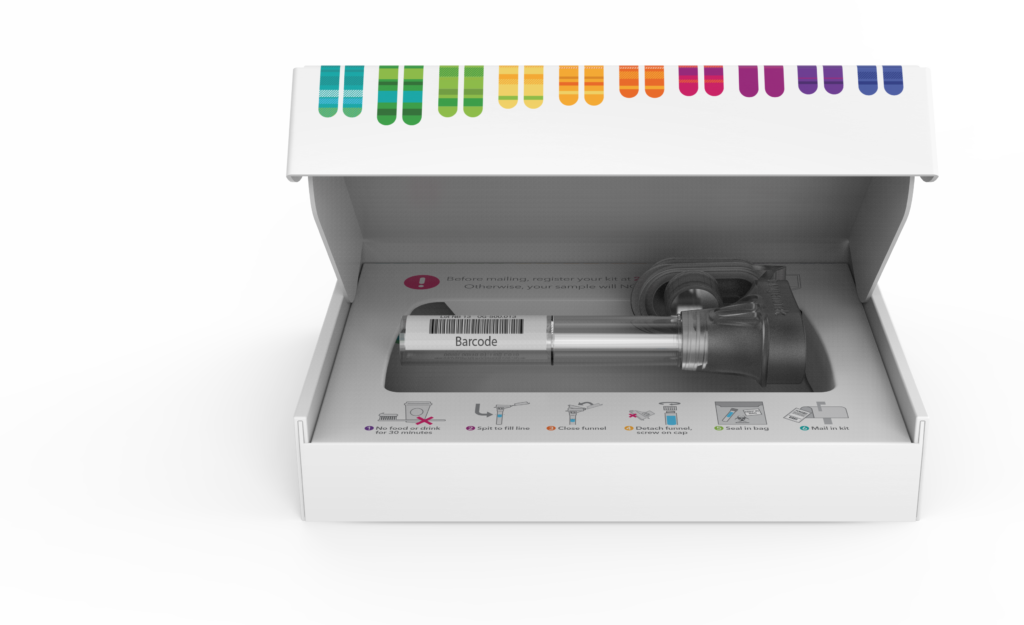Participate in research.
80% of our customers choose to participate in 23andMe research by answering online survey questions. On average, a customer who opts in to research contributes to more than 200 studies on topics that include behavior, cancer, dermatology, hematology, immunology, musculoskeletal, neurology, psychiatry, reproduction and rare disease. By participating in online surveys and allowing researchers to combine their aggregated, de-identified genetic data with over 2 billion other data points, customers can help drive scientific and medical discoveries forward. See our list of publications here.
We also collaborate with leading researchers in academia and pharma from around the world to improve understanding of the underlying genetics of certain diseases, which could lead to better diagnostics and treatments. Our research communities have included lupus, inflammatory bowel disease, fertility, pain and major depressive/bipolar disorders. See our current community research efforts here.




 Familial Hypercholesterolemia
Familial Hypercholesterolemia



